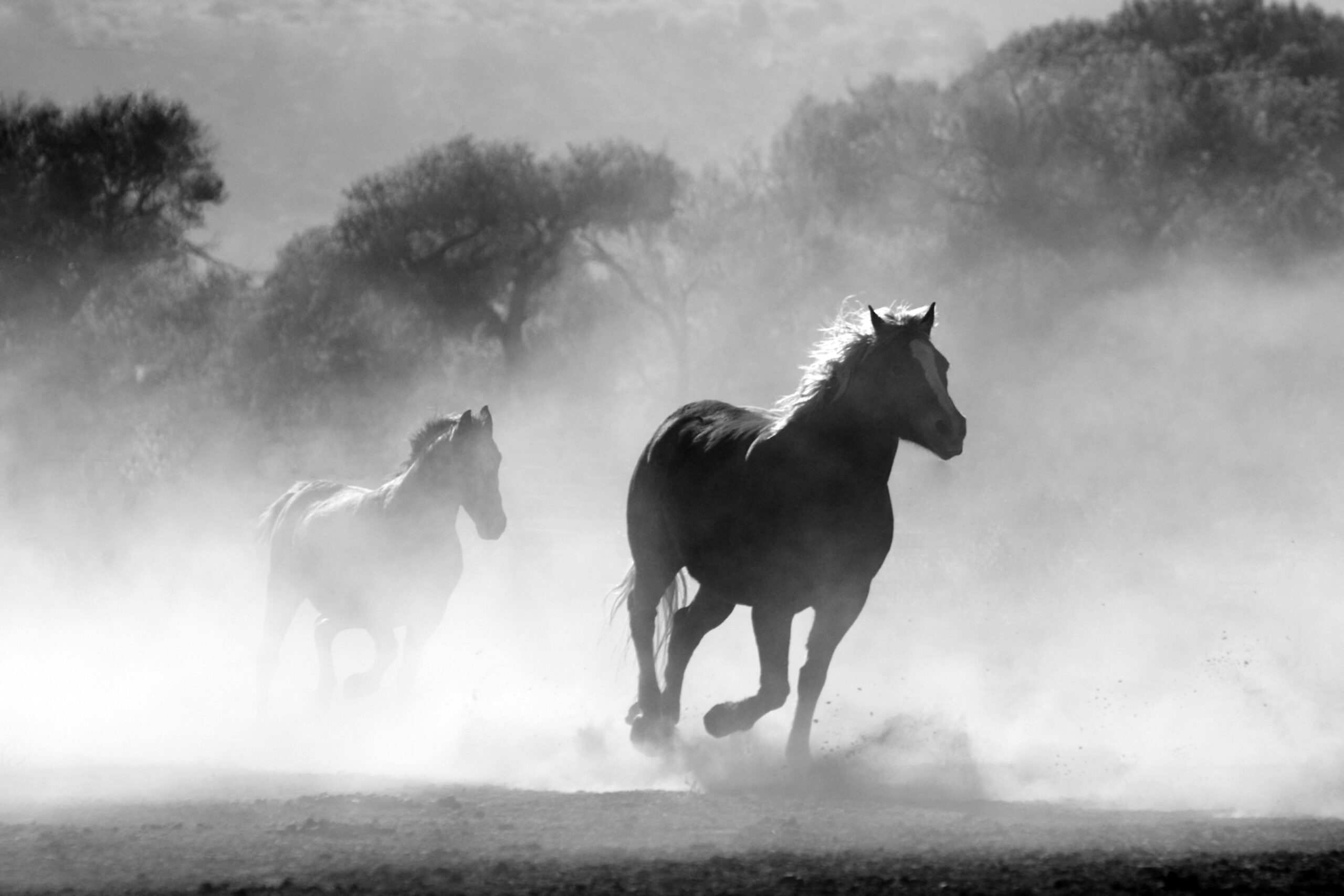When I flew from Johannesburg to Cape Town and drove to Misty Cliffs, which Google described as a little village that lies on the mountain and on the beach, divided only by Main Road, between Kommetjie and Scarborough, roughly an hour from Cape Town, I had no idea what lay ahead. I was insulated in pain from a break up. Ten days of the sea, walking, and writing healed me. This mountaintop lounge, where I wrote “Sad whale-speak at Misty Cliffs” to keep this dream of a place alive, has been my best writing room, so far.
In my life, I’ve composed from so many places outside of my home that I have come to remember my poems by where they were written.
Once, I worked for three years in a corner office on the tenth floor of a building called the Metal Box in Auckland Park that has a view of Johannesburg stretching up north to an international events facility called The Dome, about 15 kilometres away as the crow flies. The view from that height caused me to spend many a late hour in the office (after my day job was done), writing. The northwest vantage point offered spectacular sunsets with magical reflections on the floor-to-ceiling glass walls. On numerous evenings in summer my keyboard danced to the rhythm of thunder storms. In spring I held back; I didn’t write about the blooming jacarandas. On weekends when my daughter wasn’t home I used to drive to that office to write. My first poetry collection was born from that height and openness. Had there been a sea to view, Misty Cliffs would be second on my list of top ten writing rooms.
At home the view from any room is a wall. I live in a two bedroom semi-detached house, so the view to the outside is toward a neighbour’s place across our shared driveway. For years I wrote from my bedroom, in a corner, facing a wall. Two years ago my daughter started university in Cape Town; I moved my desk. Now I write in the front entrance space, next to the lounge. But after writing from home for many days in a row my creative spring begins to dry up. I have been dreaming about moving house for a few years now; I want a home with lots of space all around it, and a view that stretches forever. In that home will be a nest of a writing room that I will never leave.
I write often in coffee shops and restaurants; I now have a handful of favourites around the city. I have an aversion to cooking for myself. I go to restaurants when I plan to write by hand and to coffee shops to use my laptop. My favourite coffee shops are attached to bookstores. Books provide openness. I simply walk through aisles and peek into other worlds whenever I need a break. I could write from libraries, but they don’t sell cappuccino. I have mastered the art of shutting out people, commotion, and noise. But home is where I always return to for tea, an easy vegetable stir fry, and my walled-in writing desk, all the time dreaming about my next writing home.
Makhosazana Xaba is the author of These Hands and Tongues of Their Mothers.



